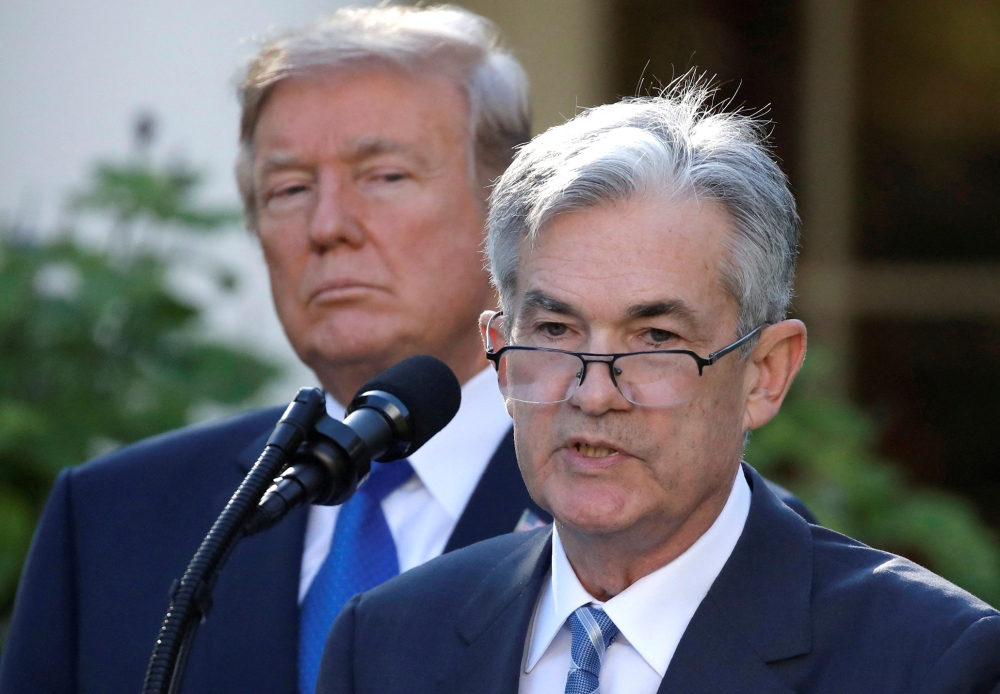US Fed Gains Strong Support from G20 Leaders as Trump Presses for Rate Cuts - What This Means for India

In a significant show of support for US Federal Reserve Chair Jerome Powell, finance leaders from the Group of 20 (G20) nations have reaffirmed the importance of central bank independence, even as President Donald Trump continues to publicly call for interest rate cuts. This development has ripple effects globally, particularly for the Indian economy, which is navigating its own set of economic challenges.
The G20 finance ministers and central bank governors meeting in Riyadh, Saudi Arabia, issued a joint statement emphasizing the need for central banks to operate free from political interference. This stance is widely interpreted as a direct response to Trump’s persistent criticism of Powell and the Fed’s monetary policy. Trump has repeatedly argued that the Fed should lower interest rates to stimulate economic growth and boost the US stock market, often directly targeting Powell on social media.
Why Central Bank Independence Matters
Central bank independence is crucial for maintaining price stability and fostering a predictable economic environment. When central banks are free from political pressure, they can make decisions based on economic data and long-term goals, rather than short-term political considerations. This builds credibility and trust, which are essential for effective monetary policy.
The G20’s Stance: A Global Signal
The G20’s strong endorsement of central bank independence sends a clear signal to other countries and leaders around the world. It reinforces the importance of allowing central banks to operate autonomously and resist political interference. This is particularly relevant in emerging economies, where central banks often face pressure from governments to prioritize growth over inflation control.
Impact on India: Navigating Economic Headwinds
For India, this development is particularly noteworthy. The Reserve Bank of India (RBI) has been facing its own set of challenges, including managing inflation and supporting economic growth amidst global uncertainties. The G20's support for central bank independence indirectly strengthens the RBI’s position and reinforces the importance of its policy decisions. While India’s economic growth has slowed, the RBI has been actively working to address these issues through various measures, including liquidity injections and policy rate adjustments.
Furthermore, the US Fed's actions, and the broader global economic climate, significantly impact India. A potential US rate cut, while seemingly beneficial, can also lead to capital outflows from India as investors seek higher returns elsewhere. The RBI needs to carefully manage these capital flows to maintain stability in the Indian financial markets.
Looking Ahead: A Complex Economic Landscape
The global economic outlook remains uncertain. Trade tensions, geopolitical risks, and the ongoing impact of the COVID-19 pandemic continue to weigh on economic growth. In this environment, the coordinated efforts of central banks and governments will be crucial for navigating these challenges and fostering sustainable economic recovery. The G20's commitment to central bank independence provides a foundation for such cooperation, but ongoing vigilance and adaptability will be essential.
The situation highlights the delicate balance between political pressures and the need for sound economic policies. As the US Fed and other central banks around the world continue to navigate a complex economic landscape, the G20’s backing of central bank independence is a welcome and crucial development.





